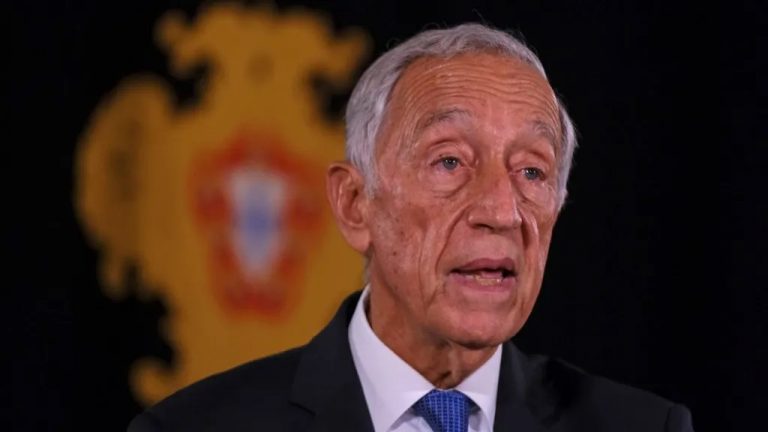
Keep up with the latest news and be part of our weekly giveaways and airtime sharing; follow our WhatsApp channel for more updates. Click to Follow us
Portugal aims to boost its liquefied natural gas (LNG) imports from Nigeria and the United States, further reducing its reliance on dwindling Russian supplies. This move comes after sanctions were imposed on Russian oil and gas imported through pipelines, according to Portuguese Environment Minister Maria da Graca Carvalho.
“Portugal is now practically independent of Russian gas … but we want to reduce this figure further by importing more gas from Nigeria and the United States,” Graca Carvalho stated at the World Economic Forum in Davos.
In 2024, Portugal imported 49,141 gigawatt-hours of natural gas, with 96% being LNG. Nigeria accounted for 51% of these LNG deliveries, followed by the US at 40% and Russia at 4.4%. This shift in imports is part of Portugal’s effort to ensure energy independence and security.
However, US President Donald Trump’s energy policy may pose a threat to Nigeria’s fiscal sustainability. With 90% of Nigeria’s revenue dependent on oil, Trump’s plan to increase US oil production could lead to a decline in global oil prices, affecting Nigeria’s economy.
“Nigeria’s economy relies heavily on oil exports, and Trump’s pledge to flood the global market with American oil seriously threatens the country’s financial stability,” according to SBM Intel.
A decline in oil prices would undermine Nigeria’s economic growth projections, potentially leading to cuts in government spending, delayed infrastructure projects, and increased borrowing to cover budget gaps.
This could further exacerbate Nigeria’s fiscal instability, straining funding for social safety nets and plunging more people into poverty. The country may face difficulties meeting it’s financial obligations, including paying public sector wages, servicing debts, and funding social programs.
“The oil sector’s dominance in Nigeria means that a price reduction can have ripple effects across other sectors of the economy, compounding Nigeria’s economic challenges,” SBM Intel noted.
Additionally, a decline in federal allocations due to reduced oil revenues could deepen regional inequalities, with poorer states bearing the brunt of the economic impact.
Portugal’s decision to increase LNG imports from Nigeria and the US is part of a broader effort to reduce Europe’s reliance on Russian energy supplies. The European Union has implemented sanctions on Russian oil and gas imported through pipelines but has not prevented the import of LNG transported by ship.
As the global energy landscape continues to evolve, countries like Portugal and Nigeria are navigating complex challenges and opportunities. While Portugal seeks to ensure its energy independence, Nigeria must contend with the potential risks and consequences of Trump’s energy policy.
Please don’t forget to “Allow the notification” so you will be the first to get our gist when we publish it.
Drop your comment in the section below, and don’t forget to share the post.







